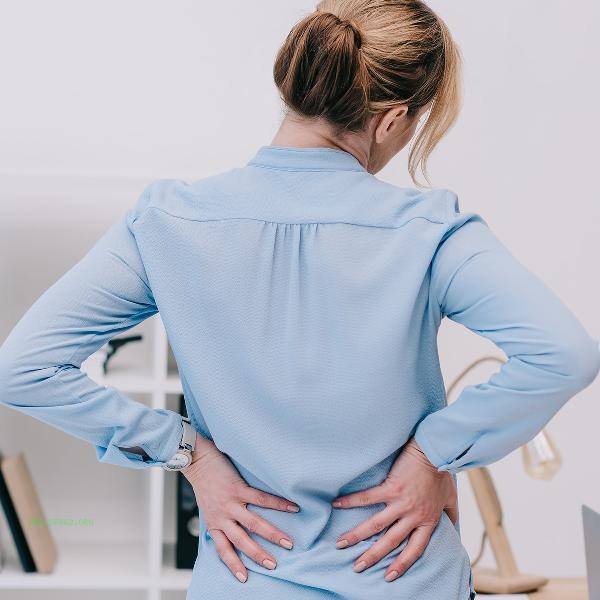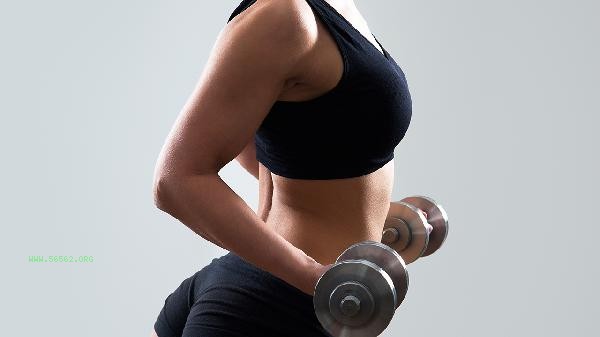After exercising, you can generally eat in moderation after 9 o'clock, but you need to choose easily digestible and high protein foods. Supplementing nutrition within 30 minutes after exercise can help with muscle repair, but nighttime eating should control calories to avoid affecting metabolism. After exercise, the body is in a state of energy expenditure and muscle micro damage. Timely supplementation of protein and carbohydrates can promote glycogen synthesis and muscle repair. Foods such as egg white, Greek yogurt, or bananas can provide essential amino acids without increasing the burden on the gastrointestinal tract. If the fitness intensity is low or during the weight loss period, you can choose a small amount of nut or whey protein powder to avoid excess calories. Some people may have gastrointestinal sensitivity or sleep disorders, and eating at night may cause acid reflux or difficulty falling asleep. Patients with gastroesophageal reflux should avoid high-fat foods, and those with insomnia are recommended to eat three hours before bedtime. If hypoglycemia symptoms occur after high-intensity training, liquid foods such as skim milk can be consumed to alleviate them.

It is recommended to adjust the food intake according to the hunger feeling in the morning of the next day, and give priority to steamed fish, oatmeal Congee and other low GI foods. Maintaining a regular diet is more important than strict fasting. Long term nighttime fitness enthusiasts can consume dinner in two portions, with the portion after exercise not exceeding 20% of the daily calorie intake. Pay attention to observing weight changes and sleep quality, and adjust eating time and types of food in a timely manner.









Comments (0)
Leave a Comment
No comments yet
Be the first to share your thoughts!